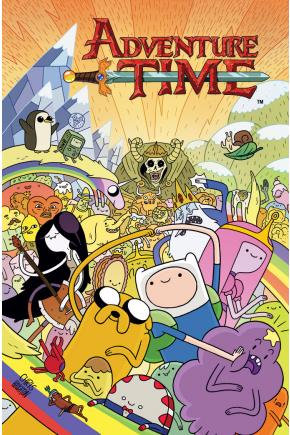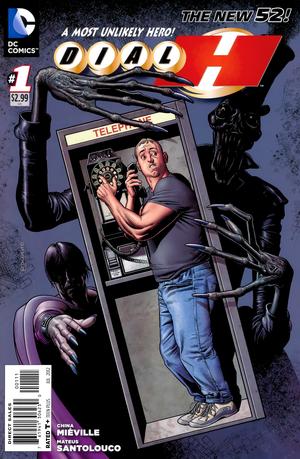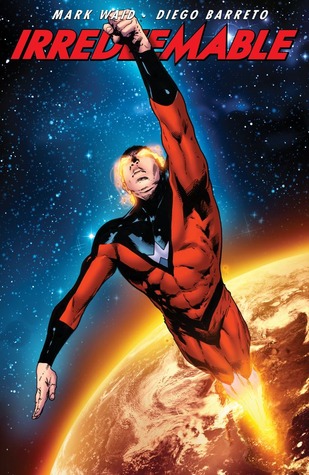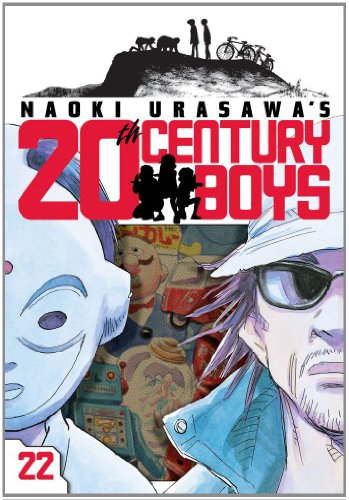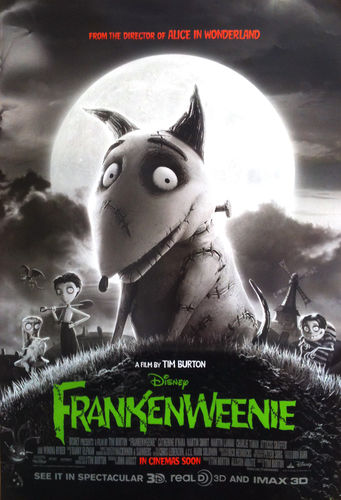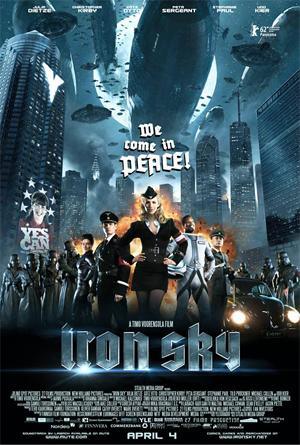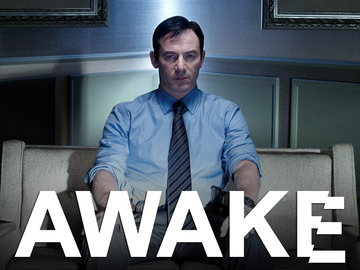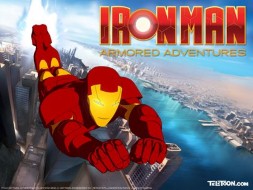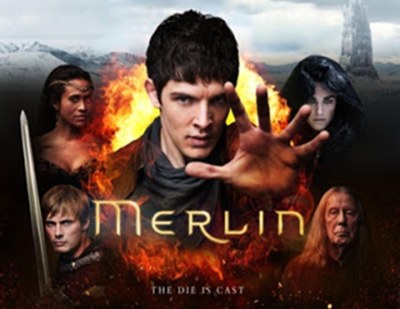 As always, the finalists for the Hugo Awards and John W. Campbell Award for Best New Writer are an interesting lot with a few surprises and a number of disappointments. The 1343 valid nominating ballots represent a record number, more than 20% above last year’s previous record. The winners will be announced Sunday, September 1, 2013, during the Hugo Awards Ceremony at LoneStarCon 3 in San Antonio, Texas.
As always, the finalists for the Hugo Awards and John W. Campbell Award for Best New Writer are an interesting lot with a few surprises and a number of disappointments. The 1343 valid nominating ballots represent a record number, more than 20% above last year’s previous record. The winners will be announced Sunday, September 1, 2013, during the Hugo Awards Ceremony at LoneStarCon 3 in San Antonio, Texas.
As usual, I am looking forward to my yearly journey through the contemporary science fiction world, even if the Hugo Award itself is becoming more of a popularity contest among fan personalities than ever before. Here are my initial thoughts about the nominees.
Best Novel (1113 ballots)
2312 by Kim Stanley Robinson (Orbit)
Blackout by Mira Grant (Orbit)
Captain Vorpatril’s Alliance by Lois McMaster Bujold (Baen)
Redshirts: A Novel with Three Codas by John Scalzi (Tor)
Throne of the Crescent Moon by Saladin Ahmed (DAW)
2312 appeared on almost every best-of list and should be the odds-on favorite to win. Saladin Ahmed’s first novel, Throne of the Crescent Moon, also received widespread accolades. John Scalzi’s Redshirts received some praise, but my guess, not having read it yet, is that readers liked its lighthearted premise of what it’s like to be a Star Trek crewmember more than its actual literary merits. Scalzi is also a popular fan personality, which helps his visibility. Lois McMaster Bujold is another fan favorite, having been nominated many, many times. My opinion is that her books are solid mid-list action-adventure tales, but mostly just comfort food for fans who relate well to her protagonist who overcomes major physical disabilities to become a badass soldier and politician. Blackout, by Seanan McGuire writing as Mira Grant, was on zero best-of lists and no other award short lists (at least, that I saw). But McGuire is a hugely popular blogger and podcaster whose celebrity within the fan community gives her a disproportionate advantage. The more of McGuire’s work I read, the less impressed I am. This is all the more disappointing because well-reviewed books such as Intrusion by Ken MacLeod, Jack Glass by Adam Roberts, The Killing Moon by N. K. Jemisin, The Drowning Girl by Caitlín R. Kiernan, and Glamour in Glass by Mary Robinette Kowal, among others, were ignored.
After the Fall, Before the Fall, During the Fall by Nancy Kress (Tachyon Publications)
The Emperor’s Soul by Brandon Sanderson (Tachyon Publications)
On a Red Station, Drifting by Aliette de Bodard (Immersion Press)
San Diego 2014: The Last Stand of the California Browncoats by Mira Grant (Orbit)
“The Stars Do Not Lie” by Jay Lake (Asimov’s, Oct-Nov 2012)
After the Fall, Before the Fall, During the Fall; On a Red Station, Drifting; and “The Stars Do Not Lie” were all well reviewed and all are on the Nebula ballot. Neither The Emperor’s Soul nor San Diego 2014: The Last Stand of the California Browncoats appeared on any best-of or award lists that I saw. Here again, Sanderson’s and Grant’s fan popularity rather than the merits of their stories likely put them on the final ballot. The title of Grant’s story indicates it may be little more than fan fiction related to Joss Whedon’s hugely popular SF franchise, Firefly.
Best Novelette (616 ballots)
“The Boy Who Cast No Shadow” by Thomas Olde Heuvelt (Postscripts: Unfit For Eden, PS Publications)
“Fade To White” by Catherynne M. Valente (Clarkesworld, August 2012)
“The Girl-Thing Who Went Out for Sushi” by Pat Cadigan (Edge of Infinity, Solaris)
“In Sea-Salt Tears” by Seanan McGuire (Self-published)
“Rat-Catcher” by Seanan McGuire (A Fantasy Medley 2, Subterranean)
The love-fest for Seanan McGuire continues, incredulously including a self-published story. I’m not familiar with the other novelettes, so I am hoping that they will be decent. Certainly, Valente and Cadigan have produced top-notch work in the past.
Best Short Story (662 ballots)
“Immersion” by Aliette de Bodard (Clarkesworld, June 2012)
“Mantis Wives” by Kij Johnson (Clarkesworld, August 2012)
“Mono no Aware” by Ken Liu (The Future is Japanese, VIZ Media LLC)
All these stories undoubtedly deserve to be on the ballot. The sad news is that there are only three nominees because no other works received the minimum 5% of the votes required by the World Science Fiction Society constitution. I suspect this is due to a large number of good short stories that spread votes wide and thin.
Best Related Work (584 ballots)
The Cambridge Companion to Fantasy Literature Edited by Edward James & Farah Mendlesohn (Cambridge UP)
Chicks Dig Comics: A Celebration of Comic Books by the Women Who Love Them Edited by Lynne M. Thomas & Sigrid Ellis (Mad Norwegian Press)
Chicks Unravel Time: Women Journey Through Every Season of Doctor Who Edited by Deborah Stanish & L.M. Myles (Mad Norwegian Press)
I Have an Idea for a Book… The Bibliography of Martin H. Greenberg Compiled by Martin H. Greenberg, edited by John Helfers (The Battered Silicon Dispatch Box)
Writing Excuses Season Seven by Brandon Sanderson, Dan Wells, Mary Robinette Kowal, Howard Tayler and Jordan Sanderson
This is a hard category to say much about. The variety of potential works is vast, so almost anything can appear. Farah Mendlesohn has produced a number of well received scholarly works in the past few years, so I expect The Cambridge Companion to Fantasy Literatures deserves its place on the final ballot. Previous volumes of Writing Excuses were pretty informative, so I’m not surprised to see it nominated again. I have no idea what Chicks Dig Comics or Chicks Unravel Time are, but from the titles they must be part of a female-centric critical series. Martin H. Greenberg’s book sounds like little more than a list, so I’m not sure what value it has, other than to honor one of the great anthologists of all time. I’m a little surprised there are no art books on the final ballot.
 Best Graphic Story (427 ballots)
Best Graphic Story (427 ballots)
Grandville Bête Noire written and illustrated by Bryan Talbot (Dark Horse Comics, Jonathan Cape)
Locke & Key Volume 5: Clockworks written by Joe Hill, illustrated by Gabriel Rodriguez (IDW)
Saga, Volume One written by Brian K. Vaughn, illustrated by Fiona Staples (Image Comics)
Schlock Mercenary: Random Access Memorabilia by Howard Tayler, colors by Travis Walton (Hypernode Media)
Saucer Country, Volume 1: Run written by Paul Cornell, illustrated by Ryan Kelly, Jimmy Broxton and Goran Sudžuka (Vertigo)
I’m actually pleasantly surprised by how good the selections are for this category, with the exception of Schlock Mercenary, a lightweight gag comic. It is a travesty that it is on the list and Batman: The Court of Owls is not. The voters have no trouble putting superhero stories in the Dramatic Presentation category, but for some reason resist them in their natural home, the Graphic Story category.
 Best Dramatic Presentation (Long Form) (787 ballots)
Best Dramatic Presentation (Long Form) (787 ballots)
The Avengers Screenplay & Directed by Joss Whedon (Marvel Studios, Disney, Paramount)
The Cabin in the Woods Screenplay by Drew Goddard & Joss Whedon; Directed by Drew Goddard (Mutant Enemy, Lionsgate)
The Hobbit: An Unexpected Journey Screenplay by Fran Walsh, Philippa Boyens, Peter Jackson and Guillermo del Toro, Directed by Peter Jackson (WingNut Films, New Line Cinema, MGM, Warner Bros)
The Hunger Games Screenplay by Gary Ross & Suzanne Collins, Directed by Gary Ross (Lionsgate, Color Force)
Looper Screenplay and Directed by Rian Johnson (FilmDistrict, EndGame Entertainment)
There are no surprises here, other than not seeing Game of Thrones, Season 2.
Best Dramatic Presentation (Short Form) (597 ballots)
Doctor Who:“The Angels Take Manhattan” Written by Steven Moffat, Directed by Nick Hurran (BBC Wales)
Doctor Who:“Asylum of the Daleks” Written by Steven Moffat; Directed by Nick Hurran (BBC Wales)
Doctor Who:“The Snowmen” Written by Steven Moffat, Directed by Saul Metzstein (BBC Wales)
Fringe:“Letters of Transit” Written by J.J. Abrams, Alex Kurtzman, Roberto Orci, Akiva Goldsman, J.H.Wyman, Jeff Pinkner. Directed by Joe Chappelle (Fox)
Game of Thrones:“Blackwater” Written by George R.R. Martin, Directed by Neil Marshall. Created by David Benioff and D.B. Weiss (HBO)
As I predicted, there are the usual three episodes of Doctor Who and two other sacrificial lambs. My only question is why a single episode of Game of Thrones is nominated. As established last year, Game of Thrones should be considered as one ten-part presentation. Nominating a single episode is like nominating a single chapter from a book. In any case, it doesn’t matter, since it’s a foregone conclusion that Doctor Who will win.
Best Editor – Short Form (526 ballots)
John Joseph Adams
Neil Clarke
Stanley Schmidt
Jonathan Strahan
Sheila Williams
The usual suspects are nominated once again. My hope is that the retiring Stanley Schmidt will finally receive his due.
Best Editor – Long Form (408 ballots)
Lou Anders
Sheila Gilbert
Liz Gorinsky
Patrick Nielsen Hayden
Toni Weisskopf
This is a category that very few people are really interested in. I certainly am not.
 Best Professional Artist (519 ballots)
Best Professional Artist (519 ballots)
Vincent Chong
Julie Dillon
Dan Dos Santos
Chris McGrath
John Picacio
A mixture of some old favorites along with some new faces. There are so many good professional artists that it is hard to pick a slate of nominees without offending some really deserving candidates. And picking a clear winner is nearly impossible.
Best Semiprozine (404 ballots)
Apex Magazine edited by Lynne M. Thomas, Jason Sizemore and Michael Damian Thomas
Beneath Ceaseless Skies edited by Scott H. Andrews
Clarkesworld edited by Neil Clarke, Jason Heller, Sean Wallace and Kate Baker
Lightspeed edited by John Joseph Adams and Stefan Rudnicki
Strange Horizons edited by Niall Harrison, Jed Hartman, Brit Mandelo, An Owomoyela, Julia Rios, Abigail Nussbaum, Sonya Taaffe, Dave Nagdeman and Rebecca Cross
It baffles me why this category should exist at all. Either you’re a professional magazine or you’re not. This wishy-washy half-measure should be abolished. For example, Clarkesworld published three Hugo nominees this year compared to one for Asimov’s and zero for Analog and F&SF. If that’s not a professional magazine, I don’t know what is.
Best Fanzine (370 ballots)
Banana Wings edited by Claire Brialey and Mark Plummer
The Drink Tank edited by Chris Garcia and James Bacon
Elitist Book Reviews edited by Steven Diamond
Journey Planet edited by James Bacon, Chris Garcia, Emma J. King, Helen J. Montgomery and Pete Young
SF Signal edited by John DeNardo, JP Frantz, and Patrick Hester
The Hugo voters inexplicably changed the eligibility rules this year to exclude virtually all online fanzines. Why supposedly forward-looking science fiction fans chose to regress to only printed periodicals is a mystery.
Best Fancast (346 ballots)
The Coode Street Podcast, Jonathan Strahan and Gary K. Wolfe
Galactic Suburbia Podcast, Alisa Krasnostein, Alexandra Pierce, Tansy Rayner Roberts (Presenters) and Andrew Finch (Producer)
SF Signal Podcast, Patrick Hester, John DeNardo, and JP Frantz
SF Squeecast, Elizabeth Bear, Paul Cornell, Seanan McGuire, Lynne M. Thomas, Catherynne M. Valente (Presenters) and David McHone-Chase (Technical Producer)
StarShipSofa, Tony C. Smith
Although the Hugo voters have excluded online fanzines, they have embraced podcasts. However, the same titles appear year after year, and frankly, I have not been impressed with any of them. Episodes of news and opinion shows are almost always too long and often lack organization. StarShipSofa’s selection of audio stories is underwhelming. I’m still looking for a SF podcast with value-added information that’s worth my time. I suspect others feel the same way, since this category had the second-lowest number of nominating ballots.
Best Fan Writer (485 ballots)
James Bacon
Christopher J Garcia
Mark Oshiro
Tansy Rayner Roberts
Steven H Silver
Mostly the same names we see every year in the mutual-admiration society known as fandom.
Best Fan Artist (293 ballots)
Galen Dara
Brad W. Foster
Spring Schoenhuth
Maurine Starkey
Steve Stiles
Here’s another list of mostly familiar names. At least professional artist Randall Munroe did not make the final ballot this year.
John W. Campbell Award for Best New Writer (476 ballots)
Award for the best new professional science fiction or fantasy writer of 2011 or 2012, sponsored by Dell Magazines (not a Hugo Award).
Zen Cho *
Max Gladstone
Mur Lafferty *
Stina Leicht *
Chuck Wendig *
* Finalists in their 2nd year of eligibility.
Mur Lafferty and Stina Leicht were both nominated last year, so I expect one of them will win this year. I am completely unfamiliar with the other three nominees.




